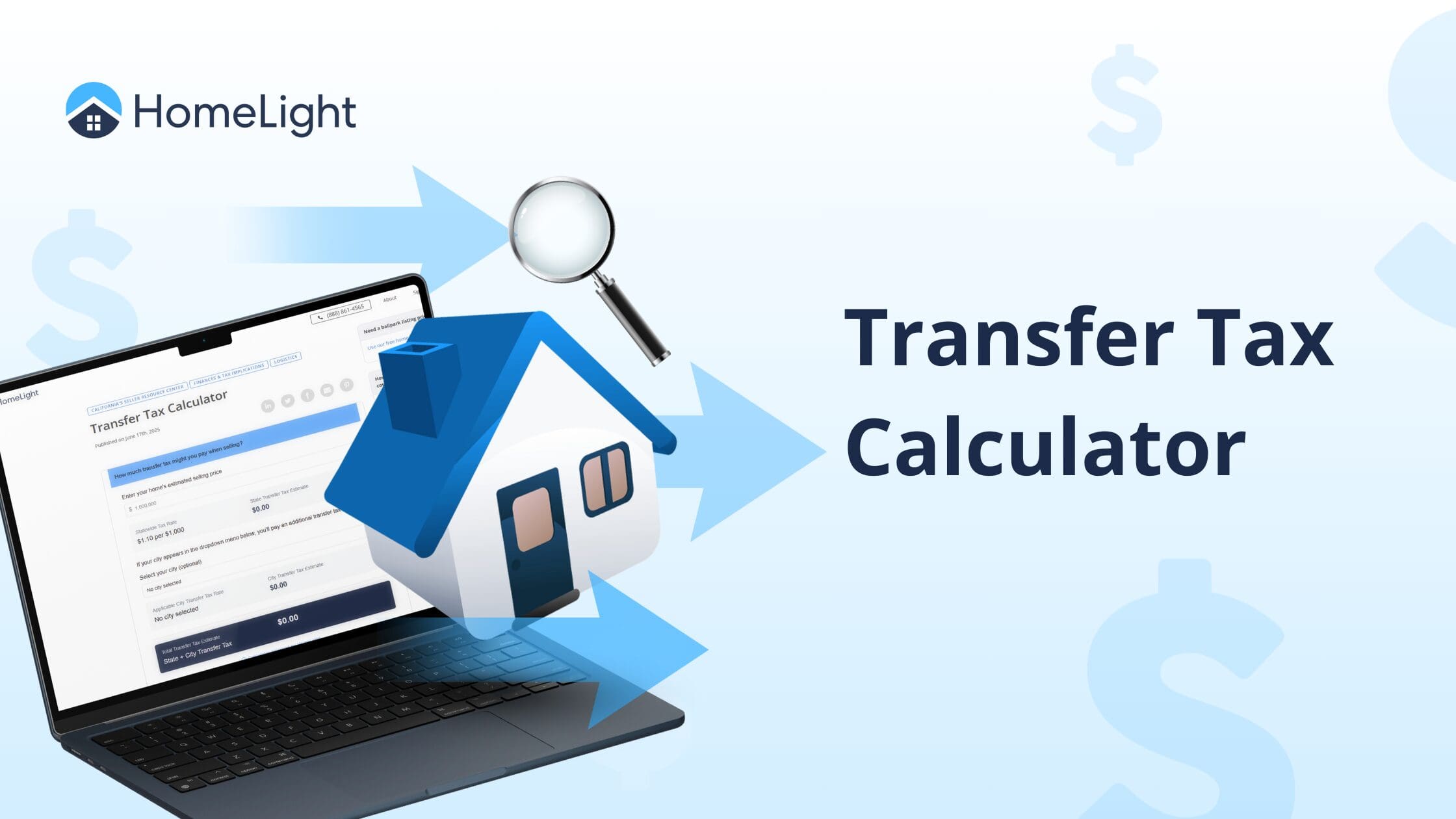Selling your home involves more than just handing over the keys; there’s important paperwork required to officially close the deal. Understanding the closing documents for sellers can help you avoid last-minute delays and feel confident on closing day. From proof of ownership to disclosure forms, these documents ensure a smooth transfer of property and protect both parties during the final steps of the transaction.
Whether you’re selling your home in Atlanta, GA, Minneapolis, MN, or Portland, OR, this Redfin real estate guide will walk you through the key closing documents for sellers and what to expect as you prepare for a successful sale.
Why closing documents matter for sellers
Closing documents aren’t just paperwork — they protect you from future legal claims, confirm you’ve met all state and local requirements, and make the transfer of ownership official. Familiarizing yourself with these documents in advance can help prevent last-minute issues and costly delays.
>> Read: Closing Documents: The Ultimate Guide to What You’ll Need at Closing
Key documents sellers handle before and during closing
The process of closing on a house will require sellers to gather and submit key documents ahead of closing day to ensure the transaction moves smoothly. Then, on closing day itself, sellers will need to sign documents that legally transfer ownership and finalize the sale.
| Stage | Document | Purpose |
| Before closing | Signed purchase agreement | Outlines the agreed-upon terms, price, and conditions of the sale |
| Transfer tax declarations | Forms filed to report a property sale and calculate taxes owed on the transfer. | |
| Property disclosures (state-mandated) | Details any known issues or defects with the property to promote transparency | |
| Receipts and permits for renovations/repairs | Demonstrates that work was done professionally and with proper approval | |
| Homeowners association documents or resale certificates | Share HOA rules, fees, and compliance status with the buyer | |
| Affidavit of title | Confirms you have the right to sell and there are no unresolved liens or claims | |
| Proof of ownership | Confirms you are the legal owner, typically through the current deed | |
| Inspection and repair reports | Provides records of inspections and proof of agreed-upon repairs | |
| Final utility readings or proof of payment | Ensures you’re not billed to the buyer and is recorded in public records | |
| Closing day | Deed | Transfers legal ownership to the buyer and is recorded in public records |
| Closing statement/settlement statement | Breaks down final costs, fees, and your net proceeds | |
| Release of mortgage lien | Confirms the mortgage has been fully paid and removes the lender’s claim on the property. | |
| Title report | A detailed summary of a property’s ownership history and any existing liens or claims. | |
| Bill of sale | Transfers ownership of personal property included in the sale | |
| Tax documents (e.g., 1099-S) | Reports the sale to the IRS when applicable | |
| Title insurance | Protects the buyer from losses due to title defects or ownership disputes, typically paid by the seller at closing. |
>> Read: 40 Real Estate Forms You Need to Sell Your House
Tips for a smooth closing process
Smooth closings are a result of preparation and clear communication. Following these simple steps can help you avoid last-minute issues and ensure a successful outcome.
- Start early on document collection: Gather permits, disclosures, and other required paperwork as soon as your home goes under contract.
- Stay responsive: Reply as soon as possible to emails or calls from your agent, title company, or escrow officer to keep the process moving.
- Double-check accuracy: Review your property disclosures carefully to make sure all information is accurate..
- Schedule utility transfers: Contact your utility providers in advance to stop service or transfer accounts as of the official closing day.
- Bring valid photo ID to signing: A government-issued ID is required at the closing table to verify your identity and prevent delays.
- Review the closing statement ahead of time: Ask to see your final settlement statement before signing so you have time to review fees, confirm payoff amounts, and ask questions if needed.
What to do if something goes wrong during closing
Unexpected issues can arise during closing, even with the best preparation. Knowing how to handle common problems quickly and effectively can keep your sale on track and avoid delays.
Financing falls through → communicate and explore options
Financing issues can delay or even derail a sale. Keep in touch with your agent and the buyer’s lender to understand what’s causing the delay, and work together to adjust timelines or explore other financing options.
Paperwork delayed or contains errors → notify and correct immediately
To prevent last-minute delays, let your agent or attorney know right away if you spot any errors or can’t find a document. The sooner they know, the faster they can fix the issue or get a replacement.
Title issues or unresolved liens → resolve with title company or attorney
Any outstanding liens or title defects need to be resolved before closing. Work promptly with your title company or attorney to ensure a clean and legal transfer of ownership.
Buyer requests to renegotiate terms → evaluate and respond strategically
Sometimes buyers ask for changes late in the process. Discuss these requests with your agent and carefully decide whether to accept, counteroffer, or decline, keeping your priorities and timeline in mind.
Closing date needs to be rescheduled → coordinate a new date with all parties
Should unexpected delays arise, creating a new closing date, ensure coordination among the buyer, lender, title company, and attorneys. In addition, update all relevant timelines and documentation to maintain alignment among all parties.
Closing documents for sellers: what to remember
To ensure a smooth and successful home sale, it’s crucial for sellers to understand and prepare their closing documents thoroughly. Being organized and reviewing these important papers ahead of time can help you avoid last-minute delays and confidently close the deal. For any questions or assistance, always contact your real estate agent, attorney, or title company to help guide you through the process.
FAQ: Closing documents for sellers
1. Do I have to be present on closing day as a seller?
No, the seller does not have to be present on closing day. The seller can often close remotely or through a representative as long as all documents are signed in advance or via a power of attorney. The laws and practices vary by state, so be sure to check with the title company, attorney, or escrow agent ahead of time.
>> Read: Does the Seller Have to Be Present at Closing? Here’s What You Need to Know
2. What if I lose a required document before closing day?
If you need to replace a lost document, contact your agent, attorney, or the issuing party immediately. They can assist you in obtaining new copies.
3. How soon will I receive my sale proceeds?
You will often receive your funds on the same day as closing, typically through wire transfer or check. However, processing times can differ depending on the state and the title or escrow company managing your sale. It is advisable to confirm the expected timeline beforehand to know when to anticipate the money.
4. Can I review closing documents before the signing appointment?
Yes. Reviewing the closing documents early gives you time to check for errors, verify payoff amounts, and ask questions before you’re at the signing table.
5. How long should I keep my closing documents?
For IRS audits and potential legal or ownership inquiries, retain your closing documents, such as the settlement statement, deed, mortgage payoff, and tax forms, for a minimum of seven years. Ensure both digital and physical copies are stored securely.
>> Read: How Long to Keep Paperwork After Selling a House: 8 Common Situations To be Aware Of



















 English (US) ·
English (US) ·